
FCC Approval for Electronics
What is FCC Certification?
The FCC, or Federal Communications Commission, is responsible for regulating electronic and electrical products in the U.S. market. FCC certification is a safety approval required for electronic devices sold in the U.S. Wireless devices must operate within specific radio frequencies approved by the FCC to be considered compliant and allowed for sale in the U.S. market.
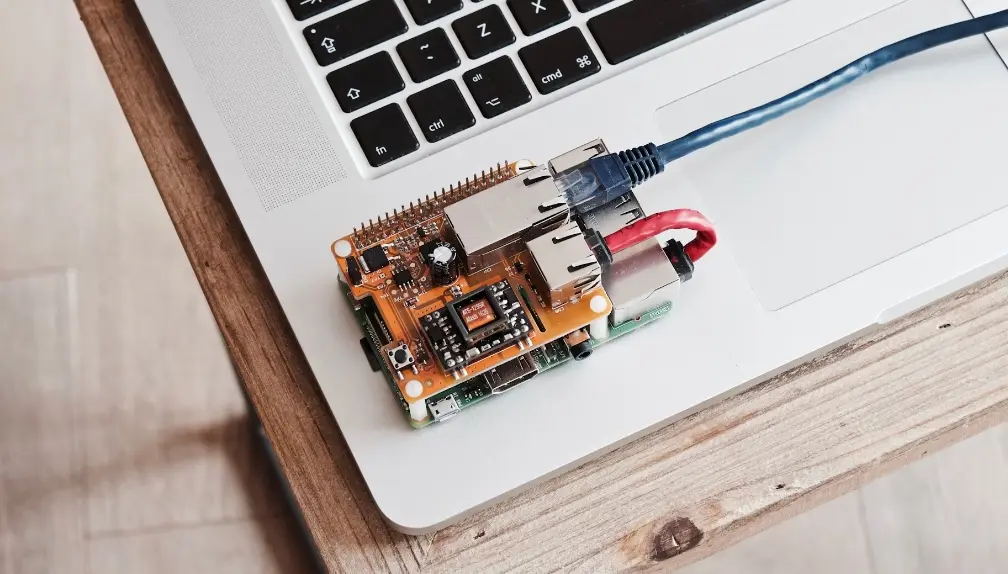
Which Electronics Need FCC Certification in Cross-border E-commerce?
Electronic products entering the U.S. market typically require FCC certification. Products with Bluetooth, infrared, or wireless WiFi capabilities must undergo FCC certification, especially if they display the fcc logo. Examples include:
1. Audio and video products: Bluetooth speakers, Bluetooth headphones, Bluetooth cameras, wireless transmission video stabilizers, cameras, and camcorders.
2. Wearable products: Bluetooth watches, Bluetooth glasses, health and fitness bands, smartwatches, etc.
3. Children's toys: Wireless remote control cars, drones, planes, boats, etc.
4. 3C products and computer peripherals: Laptops, wireless printers, tablets, mobile phones, wireless power banks, wireless chargers, wireless mice, wireless keyboards, routers, switches, portable Wi-Fi devices, etc.
5. Home appliances: Wireless smart home devices, fans, rice cookers, humidifiers, wireless remote-controlled lighting, robotic vacuum cleaners, wireless vacuum cleaners, etc.
Should Exported Products Obtain fcc id or fcc sdoc Certification?
Most common electronic products, except those that involve wireless transmission, scanning receivers, broadband over power lines, or radar detection, only require FCC SDoC certification.
1. Common products typically require FCC-SDoC
For example, common products like robotic vacuum cleaners or fans. The certification cost is relatively low, ranging from $1.5k to $2k, and the process typically takes around seven business days.
2. Wireless products require FCC ID
Products with wireless capabilities, such as Bluetooth speakers, wireless printers, and mobile phones, must undergo FCC ID certification.
Email:hello@jjrlab.com
Write your message here and send it to us
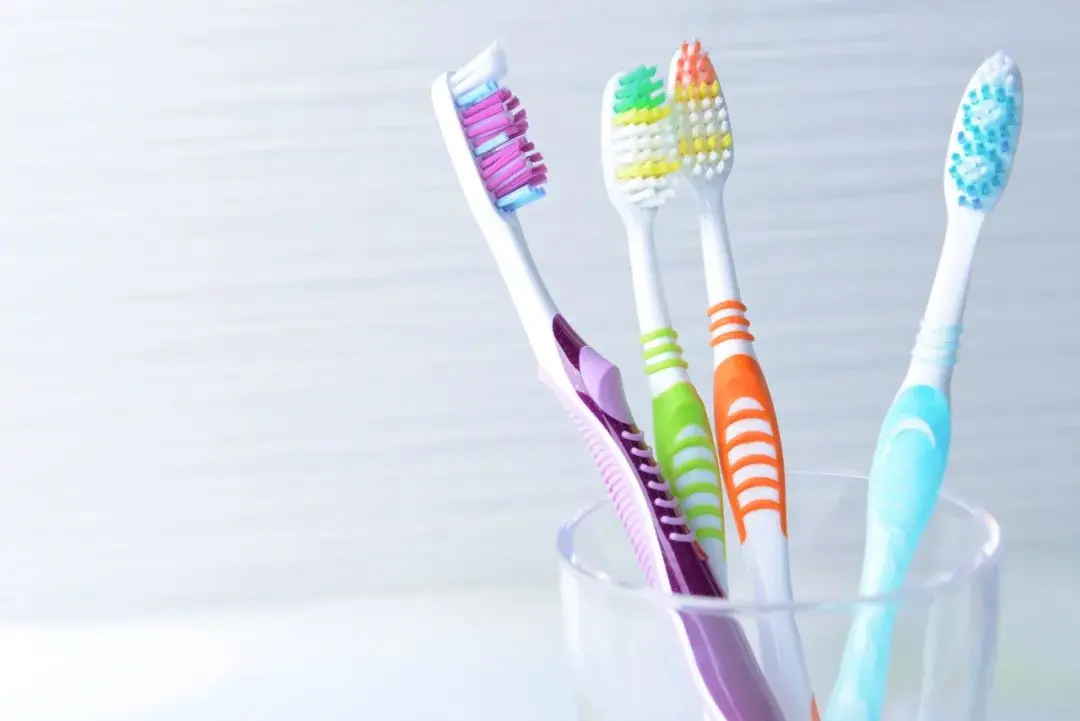 Toothbrush FDA Certification Testing
Toothbrush FDA Certification Testing
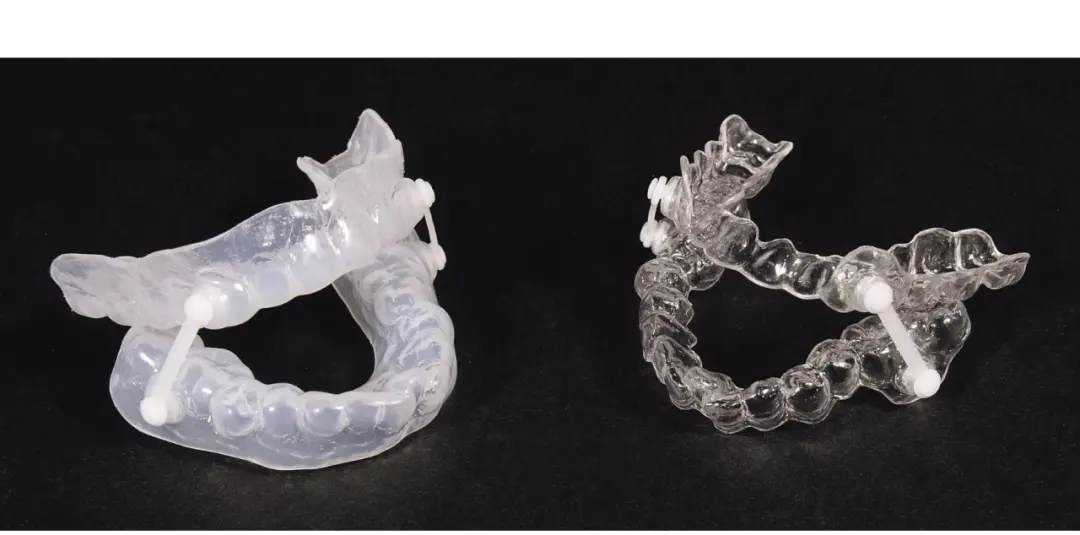 Snoring Device FDA 510k Standard Testing
Snoring Device FDA 510k Standard Testing
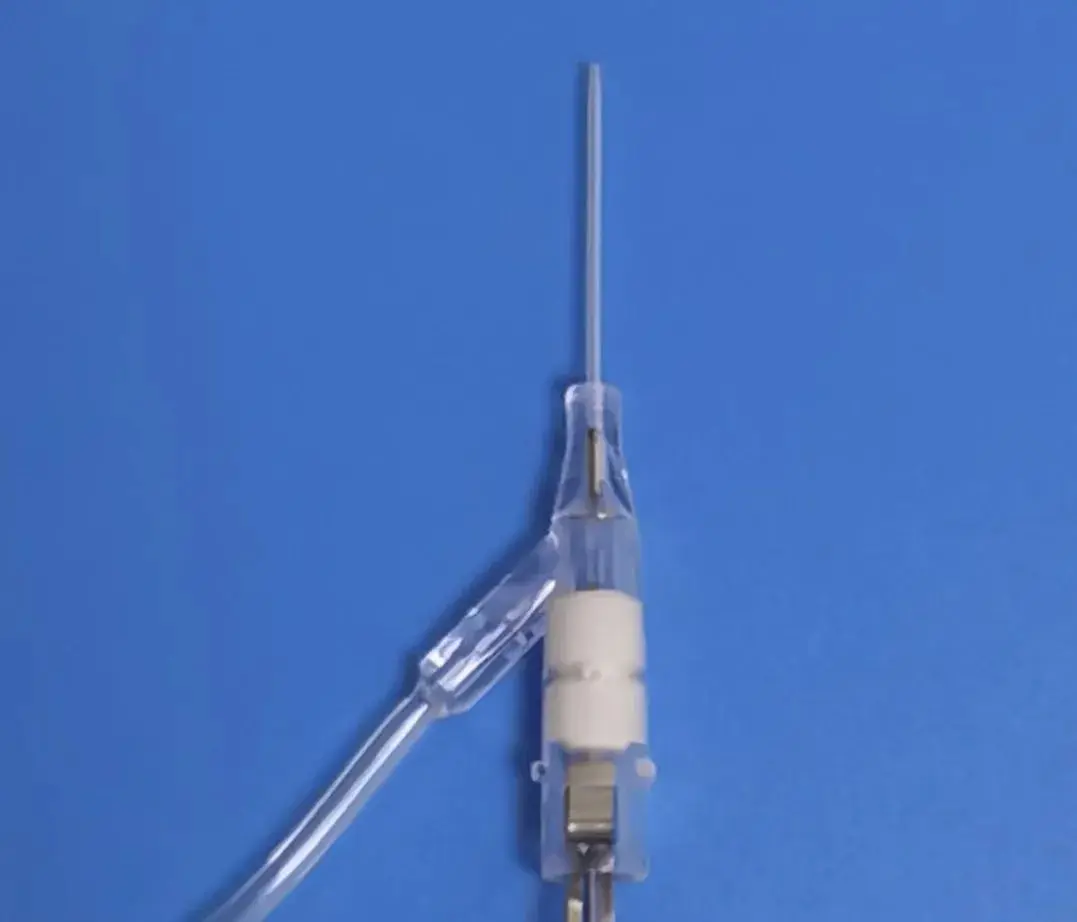 Single Use Intravenous Catheter Certification Test
Single Use Intravenous Catheter Certification Test
 Silicone Material Product Compliance Certification
Silicone Material Product Compliance Certification
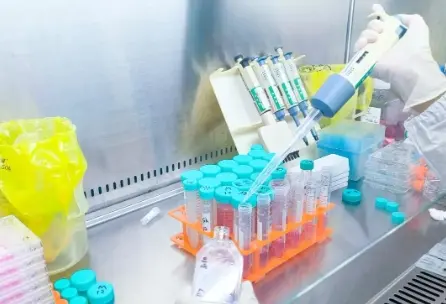 What to Do If Cytotoxicity Test Results Are Positi
What to Do If Cytotoxicity Test Results Are Positi
 ISO 10993:5 Cytotoxicity Testing Methods
ISO 10993:5 Cytotoxicity Testing Methods
 FDA ISO 10993-1 Biocompatibility Evaluation Guidel
FDA ISO 10993-1 Biocompatibility Evaluation Guidel
 In Vitro Cytotoxicity Testing for Medical Devices
In Vitro Cytotoxicity Testing for Medical Devices
Leave us a message
24-hour online customer service at any time to respond, so that you worry!




